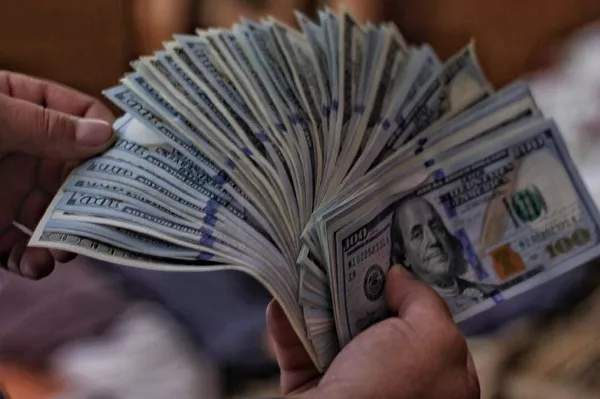The United States dollar has long held the esteemed position of being the world’s primary reserve currency, a status that has played a pivotal role in shaping the global economic landscape. However, the possibility of a shift away from the US dollar as the world’s reserve currency has become a topic of increasing interest and concern among economists and policymakers. This article explores what happens if us dollar is no longer reserve currency and its far-reaching impact on the global economy.
Historical Context:
The US dollar’s dominance as the world’s reserve currency can be traced back to the post-World War II era when the Bretton Woods Agreement established a fixed exchange rate system with the US dollar at its core. The dollar’s convertibility to gold provided stability, and countries began accumulating dollar reserves as a safe-haven asset. Over time, the global economy has become deeply interconnected with the US dollar, influencing international trade, investment, and monetary policies.
Ripple Effects on Global Trade:
A shift away from the US dollar as the world’s primary reserve currency would undoubtedly have profound implications for global trade. Many international transactions are currently denominated in US dollars, and a change in the reserve currency could lead to increased currency volatility and transaction costs. Countries and businesses around the world may need to adjust their financial strategies, potentially leading to disruptions and uncertainties in the short term.
Exchange Rate Volatility:
The US dollar’s reserve currency status has provided a level of stability to global financial markets. If another currency were to replace the dollar, exchange rate dynamics would likely experience increased volatility. Countries holding large reserves in US dollars might face challenges in managing their currency positions, leading to potential economic shocks and adjustments in trade balances.
Impact on Emerging Markets:
Emerging market economies, often reliant on exports and heavily exposed to fluctuations in global commodity prices, could be particularly vulnerable to a shift away from the US dollar. These nations may face increased borrowing costs as a result of higher interest rates and a devaluation of their currencies. Moreover, their ability to attract foreign investment might be compromised, leading to economic instability and social challenges.
Role of Gold and Alternative Currencies:
In the wake of a transition away from the US dollar, there may be a renewed interest in alternative assets, including gold and other currencies. Gold, historically viewed as a hedge against currency devaluation, could experience a resurgence in demand. Additionally, other reserve currencies such as the euro, Chinese yuan, or even digital currencies like Bitcoin may see increased adoption as global economic players seek alternatives to the US dollar.
Shifts in Geopolitical Power:
The status of the US dollar as the world’s reserve currency is closely tied to the geopolitical influence of the United States. A shift away from the dollar could signal a rebalancing of global power dynamics. Rising economies, such as China, may gain greater influence in international financial institutions, challenging the traditional dominance of Western powers. The geopolitical landscape could undergo significant transformations, with implications for diplomatic relations and international cooperation.
See Also When Should I Buy Us Dollars?A Strategic Approach
Challenges for the United States:
The United States, as the current issuer of the world’s primary reserve currency, enjoys certain privileges, including the ability to finance deficits and accumulate debt more easily. A shift away from the US dollar could pose challenges for the country’s economic policies, potentially leading to higher borrowing costs and a need for fiscal discipline. The United States would need to adapt to a new economic reality and find alternative strategies to maintain its global economic leadership.
Conclusion:
The hypothetical scenario of the US dollar losing its status as the world’s reserve currency raises complex questions about the future of the global economy. While such a transition would undoubtedly bring challenges and uncertainties, it also presents opportunities for diversification, innovation, and a reevaluation of the existing international monetary system. As the world continues to evolve, policymakers, economists, and financial institutions must carefully consider the potential consequences and work collaboratively to ensure a smooth and stable transition, minimizing disruptions to the interconnected global economy.


